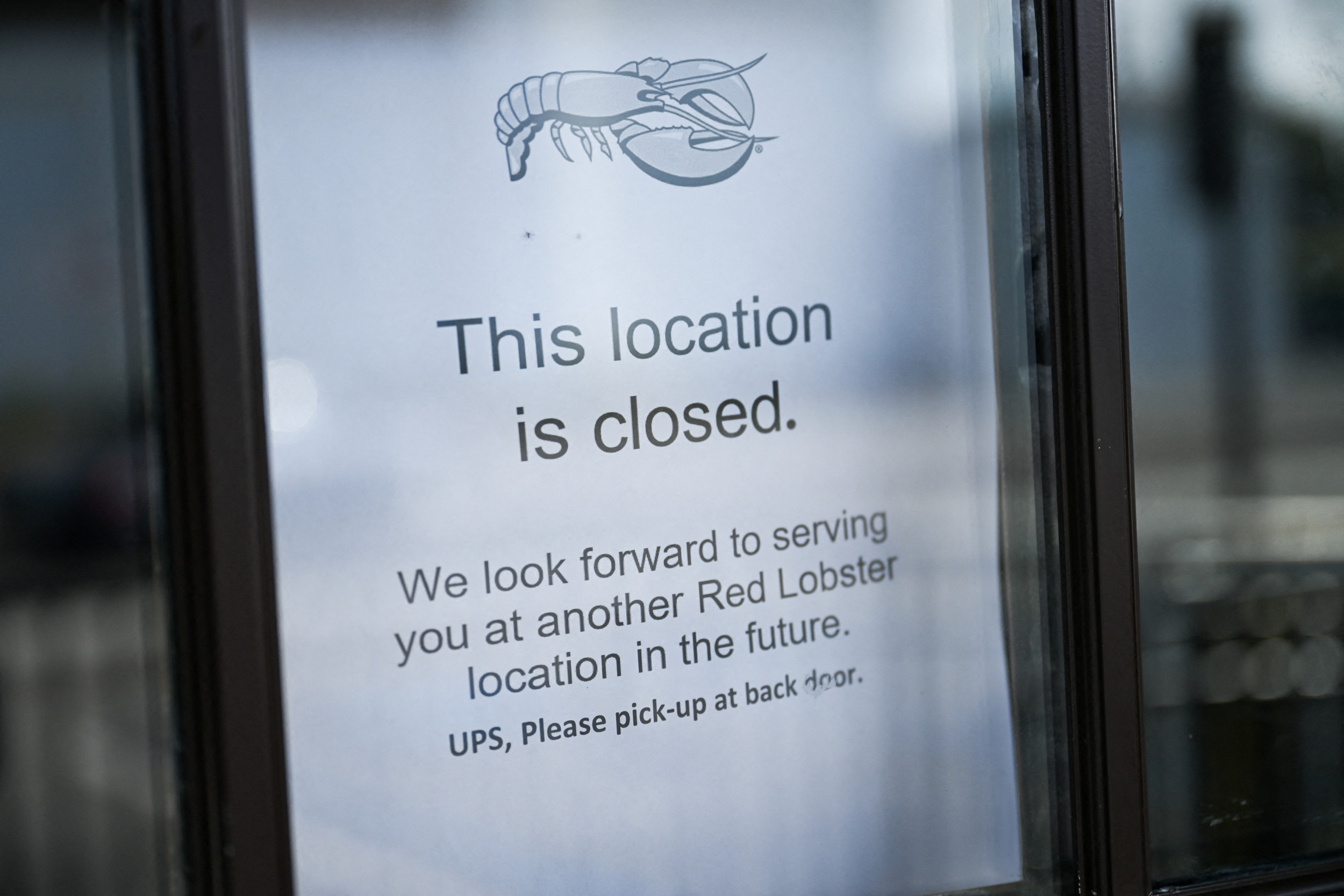Public health officials across the country are investigating a Listeria outbreak linked to contaminated foods in several states, according to the Centers for Disease Control and Prevention (CDC).
The CDC said on its website that 16 people were infected in six states as of Wednesday, according to epidemiological and laboratory data that the agency examined. The contaminated food came from meat and cheese from deli counters.
"CDC, public health and regulatory officials in several states, the U.S. Department of Agriculture's Food Safety and Inspection Service (USDA-FSIS), and the U.S. Food and Drug Administration (FDA) are collecting different types of data to investigate a multistate outbreak of Listeria monocytogenes infections," an FDA spokesperson told Newsweek on Thursday without revealing further details.
A CDC map showed that cases were reported in California, Illinois, Maryland, Massachusetts, New Jersey and New York. The outbreak has resulted in one death in Maryland, while New York has had the most cases with seven people infected.

Listeria is a bacteria that can cause serious and potentially fatal illness for pregnant women, people older than 65 and those with vulnerable immune systems, according to the Mayo Clinic. Infections from the bacteria are commonly caused by eating processed deli meats and unpasteurized milk products.
"The true number of sick people in this outbreak is likely higher than the number reported, and the outbreak may not be limited to the states with known illnesses," the CDC said on its website Wednesday. "This is because some people recover without medical care and are not tested for Listeria. In addition, recent illnesses may not yet be reported as it usually takes 3 to 4 weeks to determine if a sick person is part of an outbreak."
The samples gathered from those infected were collected between April 17 and September 29. Health officials are trying to identify any specific products or delis that might be contaminated with the strain that could lead to Listeria infections.
The CDC said that those infected range in age from 38 to 92 and include one pregnant woman who had a miscarriage after getting infected.
"State and local public health officials are interviewing people about the foods they ate in the month before they got sick," the CDC said. "Of the 12 people interviewed, 11 reported eating meat or cheese from deli counters. A contaminated food likely introduced the outbreak strain of Listeria into delis in multiple states."
Five infected people in New York reportedly bought sliced deli meat or cheese from NetCost Market delis, according to the agency, but they are not the only source of illness because not all reported Listeria cases shopped there.
Health officials in New York state and New York City found the strain in 2021 in several environmental samples at a NetCost Market deli in Brooklyn, which also had several open packages of mortadella and ham that were sliced.
A person was also infected after buying sliced salami at a NetCost Market deli in Staten Island.
The grocery chain voluntarily closed the Brooklyn deli temporarily after learning about the sampling results.
"NetCost Market performed a deep cleaning and then reopened the deli in Brooklyn after further environmental testing did not identify Listeria," the agency said.
However, the Listeria strain was reportedly found again at the same Brooklyn NetCost Market deli in September.
Health officials are using the PulseNet system to identify infections in connection to the outbreak. The system manages a national database of DNA fingerprints of bacteria that result in illnesses from foods.
"DNA fingerprinting is performed on bacteria using a method called whole genome sequencing (WGS)," the CDC said. "WGS showed that bacteria from sick people's samples are closely related genetically. This suggests that people in this outbreak got sick from the same food."
The agency advised people with higher risk of a severe Listeria infection to avoid eating meat or cheese from any deli, "unless it is reheated to an internal temperature of 165°F or until steaming hot."
Newsweek reached out to the U.S. Department of Health and Human Services for comment.
Update 11/10/22, 12:45 p.m. ET: This story was updated with comment from an FDA spokesperson.
Uncommon Knowledge
Newsweek is committed to challenging conventional wisdom and finding connections in the search for common ground.
Newsweek is committed to challenging conventional wisdom and finding connections in the search for common ground.
About the writer
Fatma Khaled is a Newsweek weekend reporter based in New York City. Her focus is reporting on U.S. politics, world ... Read more
To read how Newsweek uses AI as a newsroom tool, Click here.





